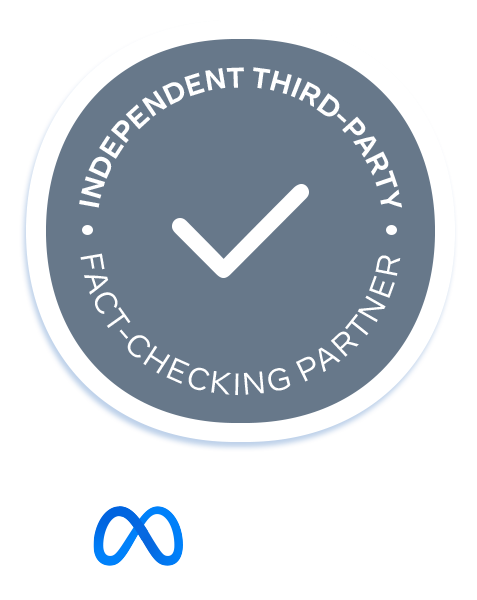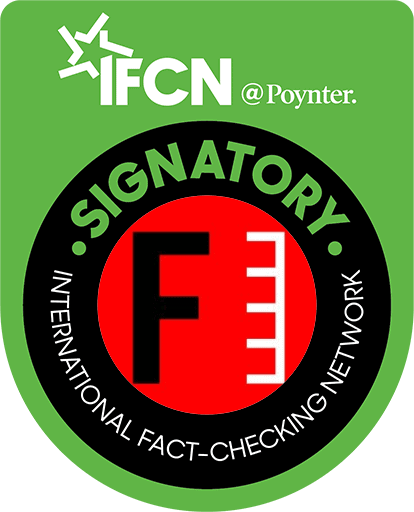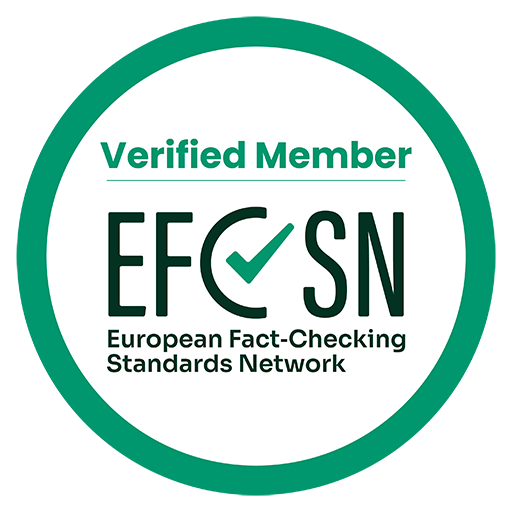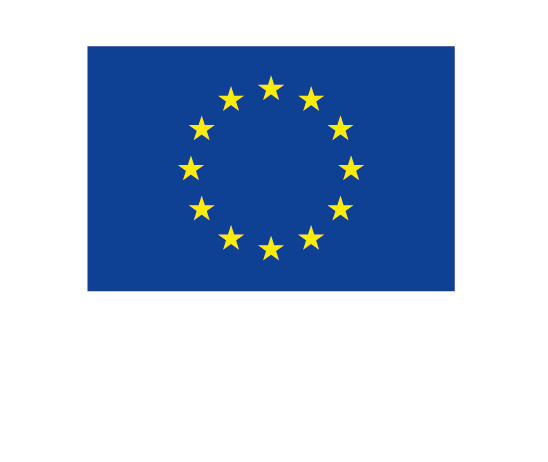Facts about the climate crisis
The project contributes to systemic dealing with disinformation, exposing disinformation and promoting facts related to the climate crisis, and it involves research and publishing texts and in-depth interviews with relevant experts regarding the climate on the Faktograf.hr portal and, in cooperation with the SEE Check Network, publishing regional reports on the topic of climate changes. The project in financed by the U.S. Embassy in Croatia.
Articles published within the project:
Još jedan tekst o smeću
EU uslijed energetske krize želi povećanje proizvodnje bioplina, a naša postrojenja generiraju gubitke
Klimatska kriza ubija radnike
Problem s radnicima Čistoće je riješen, ali sustav za gospodarenje otpadom u Zagrebu i dalje ne postoji
Na summitu COP15 dogovoreno da će se do 2030. zaštititi bioraznolikost 30 posto svjetskog kopna i mora
Strategije za vodik (1): Spašavanje žive glave ili nova prilika za naftaše?
Strategije za vodik (2): Plavi vodik – tranzicijska pljačka?
Zašto mozak odbija prihvatiti globalno zagrijavanje?
Nova legislativa vezana za jednokratnu plastiku predstavlja tek prvi korak u pravom smjeru
Može li rabljena i donirana odjeća sanirati štetu brze mode?
Klimatska anksioznost u porastu
Kad kapitalisti “spašavaju” klimu
Može li tehnologija riješiti klimatsku krizu?
Velike seobe zbog globalnog zatopljenja
Klimatska kriza u političkom ringu
Klimatske dezinformacije iz našeg sokaka
All articles published as part of this project can be found under the tag “facts about the climate crisis”: https://faktograf.hr/tag/climate-crisis-facts/.
Articles published on SEECheck.org within the project:
No one will make us eat bugs
Climate disinformation from our alley
Videos published within the project:
Klimatske katastrofe trebaju dobre zakone: razgovor s profesorom Danielom Farberom
Neven Duić: Kako izbaciti plin iz Hrvatske
Newsletter published within the project:
F-zin #25: Akumulacija povijesti u atmosferi
Infographics published within the project:
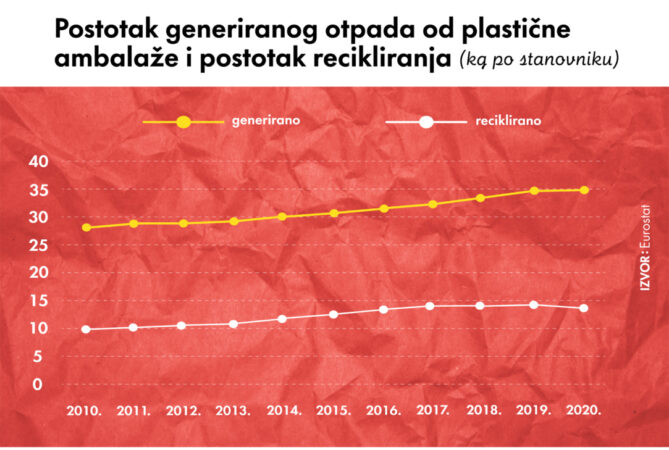




This project was funded, in part, through a Grant from the U.S. Embassy Zagreb. The opinions, findings and conclusions or recommendations expressed herein are those of the Author(s) and do not necessarily reflect those of the Department of State.
